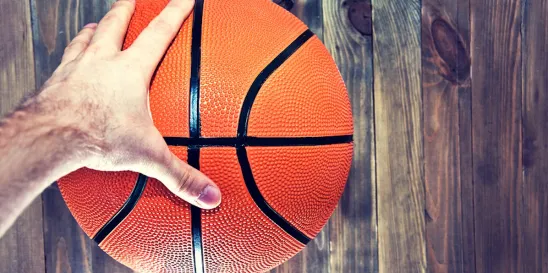In recent years, the surge in athlete trademarks has marked a strategic shift in how sports personalities approach their personal brands. Having recognized their inherent commercial value, athletes today are viewed as powerful brands with marketable identities.
Registering an athlete’s name as a trademark provides a proactive approach to protecting and leveraging these identities, empowering athletes to control their image, navigate the challenges of modern sports marketing, and secure a lasting legacy beyond their athletic achievements. Applying for trademark registration is instrumental in securing and maximizing such protections. While the process may seem straightforward, trademark law is complex, and the application procedure includes legal intricacies that can potentially cause long-term consequences if the applicant commits an error in the process. Without proper legal guidance, athletes are vulnerable to the risks of legal challenges, limited protections, and loss of brand identity.
While the athlete’s name is protected under common law and applicable state rights of publicity statutes, it is strongly recommended that an athlete federally register their name with the U.S. Patent and Trademark Office (“USPTO”). When the registration process falters or is inadequately executed, legal actions such as oppositions, infringement claims, cancellation proceedings, and dilution claims can surface. Expert guidance during the registration process reduces the likelihood of such disputes, which are time-consuming and expensive to resolve. Investing in experienced legal counsel from the start of the application stage is crucial to ensure the athlete’s rights are adequately represented and obtained.
In the case of basketball star Luka Doncic, the federal trademark registration of his full name did not grant him ownership rights. Instead, it led to an unprecedented legal battle against his mother. In 2018, Doncic’s mother, Mirjam Poterbin, filed a trademark application in the U.S. to register the trademark “LUKA DONCIC 7” with then-19-year-old Doncic’s written consent. Doncic’s agents represented him at the time. The application listed Poterbin as the owner of the mark, while Doncic was excluded from any applicant/owner status. Once the United States Patent and Trademark Office (USPTO) granted registration of the mark in 2020, Poterbin became the sole proprietor of the mark, gaining exclusive legal control over its use. Because Donic was an adult at the time that the U.S. application was filed, there was no reason for his mother to be identified as the owner of her son’s name.
A year later, Doncic, through his company Luka99 Inc, sought to take control of the trademark rights to his name by filing his own trademark applications. Unfortunately for him, the USPTO refused the applications because his trademarks were too similar to Poterbin’s existing registration of the “LUKA DONCIC 7” trademark and would cause consumer confusion in the marketplace. A heated legal battle ensued at the Trademark Trial and Appeal Board of the USPTO in September of 2022 when Doncic filed a petition to cancel the registration of the “LUKA DONCIC 7” mark. After a few months of litigation, Doncic and Poterbin privately settled, ending the conflict.
Doncic’s debacle highlights the importance of engaging qualified legal professionals when applying for trademark registrations. Had Doncic’s representatives ensured that he was identified as the owner of the trademark in the application in 2018, Doncic would have had federal ownership rights to the “LUKA DONCIC 7” trademark instead of Poterbin without falling into litigation with his mother and harming his brand. This is why legal oversight during the application process is crucial in preventing faulty registrations, which catalyze contentious legal disputes. It’s a fair trade-off when considering the impact such disputes have on an athlete’s financial resources, reputation, and brand longevity.
This article was co-authored by Angelika Avagian.



 />i
/>i

